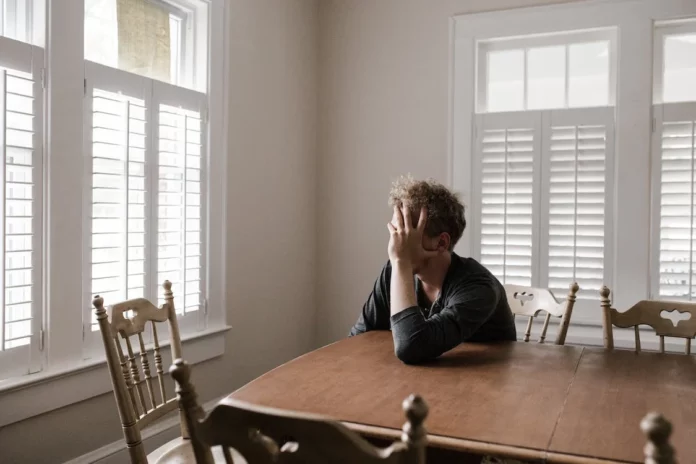Anxiety disorders are very common, and you should know that you are not alone. Anxiety is a real and treatable condition that affects millions of people every year. In the U.S. alone, a survey shows that approximately 62% of people are affected by anxiety in one way or another. It’s a figure that’s increasing every year. Thus, it’s vital to seek help when suffering from anxiety.
There are many resources for help, including support groups, online forums, and counseling services offered by professionals. If you feel comfortable enough to share your story with others, you can also share in the experiences of people who know what it feels like to deal with what often feels like an overwhelming problem.
Here are some of the most effective ways you can deal with anxiety-related disorders.
Seek Professional Help
Reach out to mental and behavioral health professionals to get help with your anxiety and related disorders. Don’t be afraid to share your condition with them. These professionals are trained to take care of you in the best way possible.
A single visit or appointment won’t do, however. You might have to visit them multiple times. Practices use special behavioral health EHR software to keep track of your progress throughout your recovery. The software makes it easier for them to stay updated on your condition, improvements, and other health-related factors. It’s also an efficient way for them to manage several patients at a time.
In 2020, the mental health service and treatment market size had a value of over $300 billion. By 2030, that value is estimated to cross the $500 billion mark. It’s evident that the market for such mental health practices is growing. With that, so is the opportunity for you to access more mental health facilities and seek professional help.
Find Time to Meditate
Meditation is one of the best ways to deal with anxiety-related disorders. It can help you relax, reduce stress, and focus your mind on something other than the symptoms of your disorder. You can meditate anywhere and at any time, which makes it an invaluable tool for those who don’t have much time or energy to spare.
Meditation has also been shown to improve sleep quality by improving sleep quantity and sleep efficiency. By improving both of these factors, meditation can help you get more restful nights of sleep overall, and better sleep quality may lead to less anxiety.
Try to Blend Exercise into Your Daily Routine
Exercise is one of the best ways to manage anxiety-related disorders. It can help you sleep better, feel less stressed, relax and become more confident in yourself. It’s also a great way to boost your self-esteem as it helps increase your overall fitness level, improves your cardiovascular health, and makes you feel more energetic.
In addition, exercise reduces the risk of obesity, another major cause of anxiety in many people today.
Get More Sleep at Night
Around 35.2% of U.S. adults have reported that they fail to get the recommended seven hours of sleep per night. This is a major problem. Sleep is essential for good health, and people with anxiety-related disorders often have difficulty sleeping. Sleep deprivation can cause symptoms of anxiety, including panic attacks and difficulty concentrating.
If you are having trouble falling or staying asleep, try practicing relaxation techniques before bedtime. Meditation, deep breathing exercises, and progressive muscle relaxation can all help produce a more restful night’s sleep.
Consider Group Therapy
Group therapy can be helpful for anxiety-related disorders. Group therapy involves meeting with other people who are going through similar experiences and learning how to deal with them. For example, you might meet with a group of people who have panic attacks, or you may meet with a group of people who share common emotional issues.
An advantage of group therapy is that it allows you to connect with others who are going through similar experiences. This can help reduce feelings of isolation and improve self-esteem because you realize that you’re not alone in having these problems. It also offers support from those around you.
If someone else shares something similar, it’s easier for the rest of the participants to relate. This helps everyone feel more comfortable opening up about their own struggles. Group therapy effectively teaches coping skills, manages stress levels, and develops healthy ways of dealing with emotions like anger or sadness.
As you can see, there are many different ways to deal with anxiety disorders. If you suffer from such a disorder, don’t be afraid to take these steps. You must know that it’s a treatable condition, and there is hope for a better and anxiety-free future.


